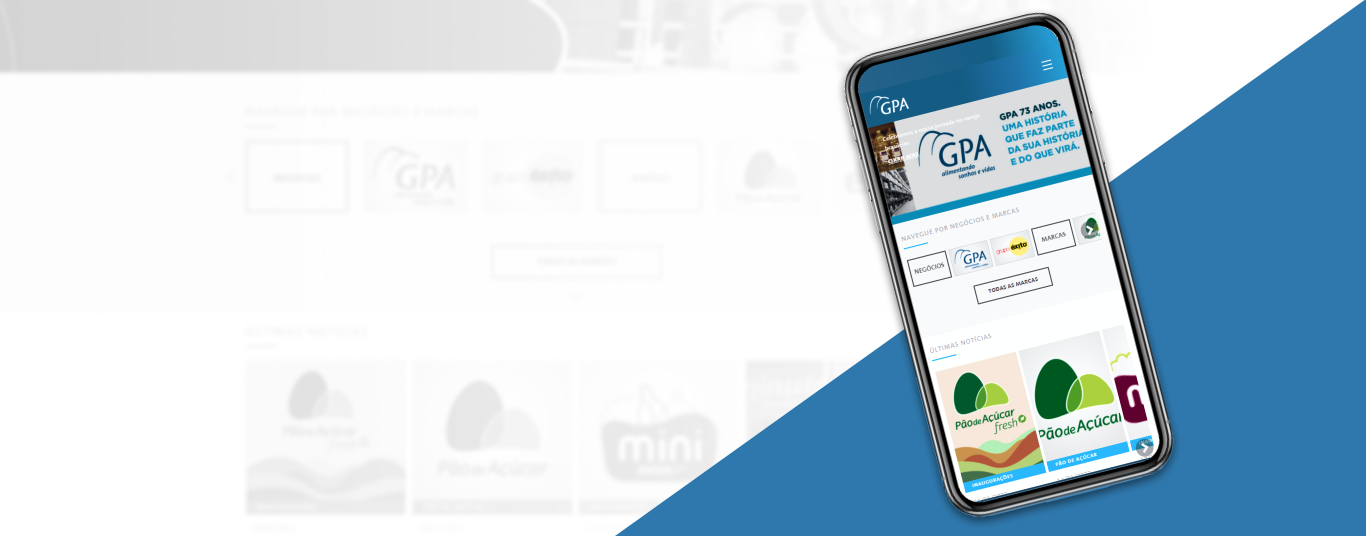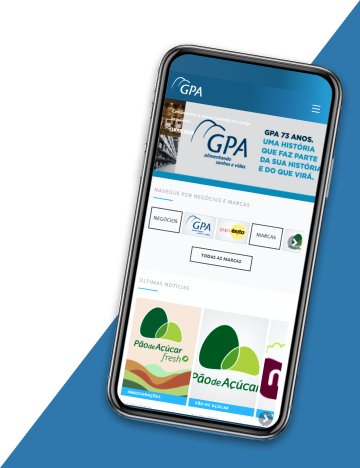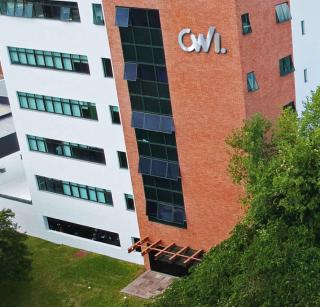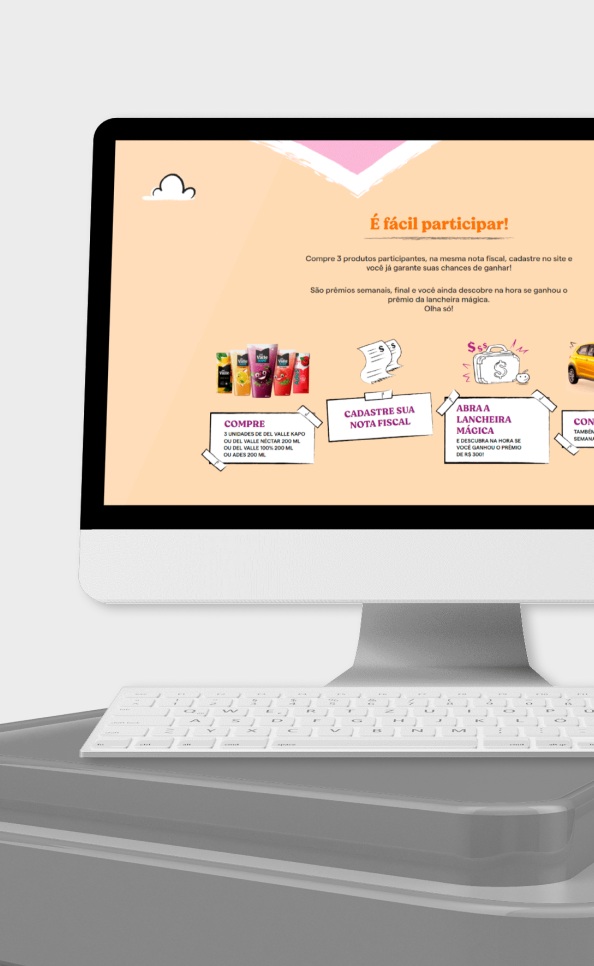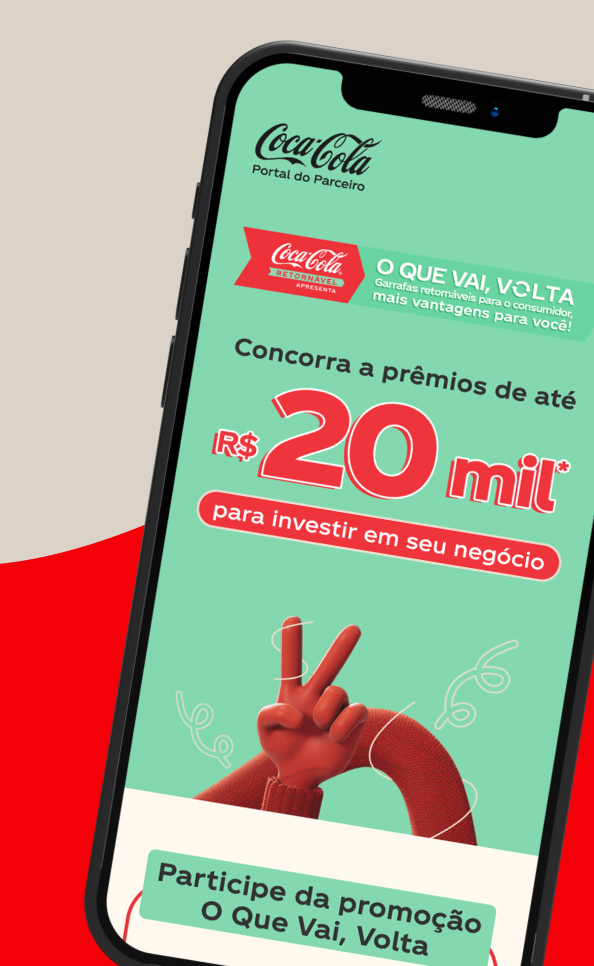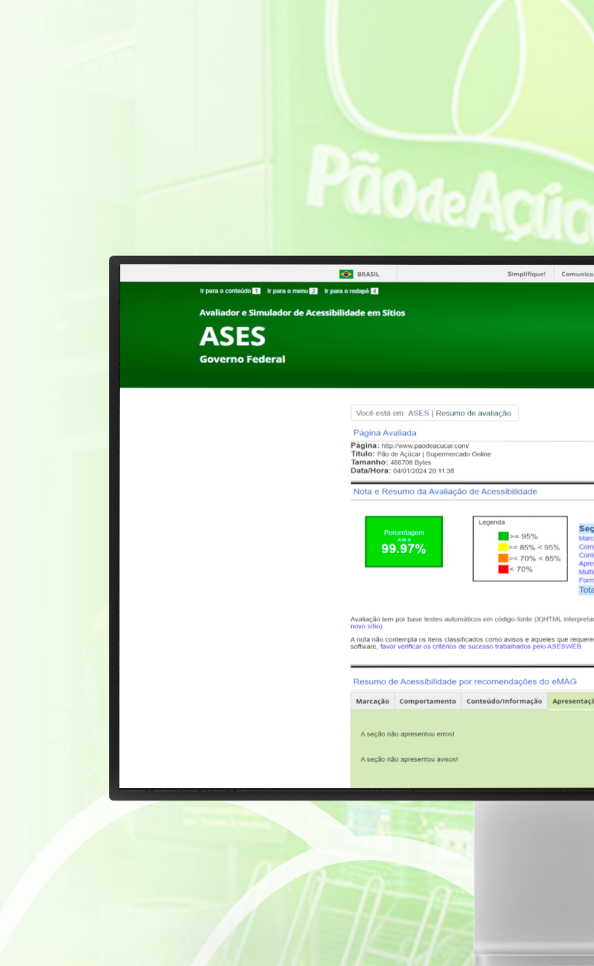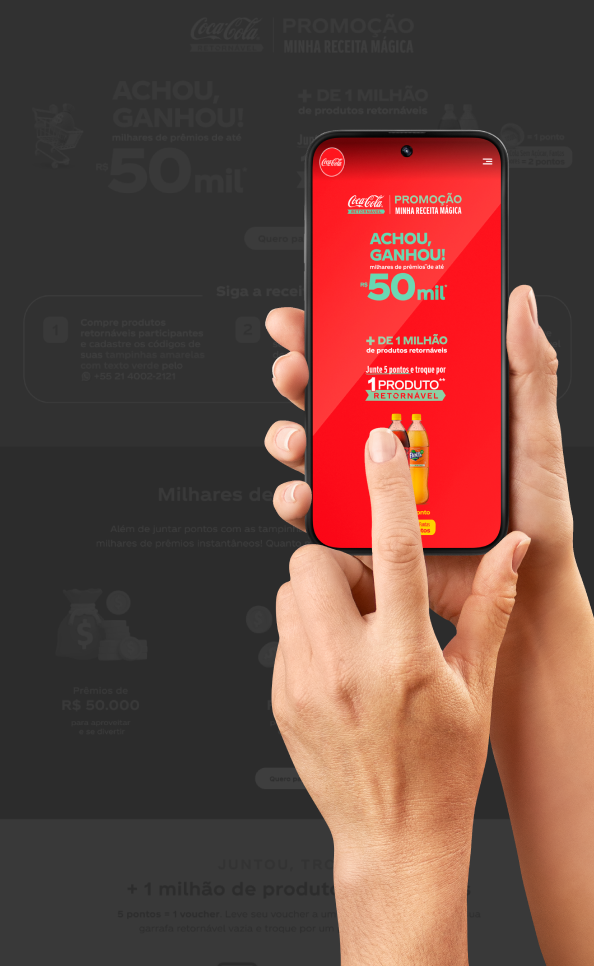OKRs (Objectives and Key Results) are extremely useful in objective-based management. Above all, to set goals that really lead to business expansion. The implementation of this methodology is one of CWI’s works together with GPA. The company is number 1 in food e-commerce in Brazil and has more than 21 million customers registered in its loyalty programs.
In this case, we will tell you how we support the company in this evolution. Google, for example, is among the other large organizations that use OKRs. Continue reading to find out more!
Product management
Currently, our team accounts for around 70% of digital squads. We operate far beyond software development services, actively participating in various initiatives. Among them, the implementation of new ways of managing the workflow.
With the purpose of enhancing results, the company’s IT area evolved from a project management mindset to a product management mindset. In this format, the purchasing journey (composed of attraction, conversion, operational excellence and after-sales) has quarterly objectives. Furthermore, squads have the necessary autonomy to publish in production and deliberate on what that product should be like.
CWI has been working and leading multidisciplinary teams made up of Product Owners, Agile Masters, Developers and Testers. With an agile approach to software construction, work begins with the design of new products and extends throughout their entire life cycle.
The development of solutions adaptable to retail needs is in the DNA of our teams and support teams. Furthermore, with the work of a coach specialized in agility, we always seek to connect CWI’s Lean software development engineering style, promoting constant learning and performing continuous improvement of our processes and initiatives.

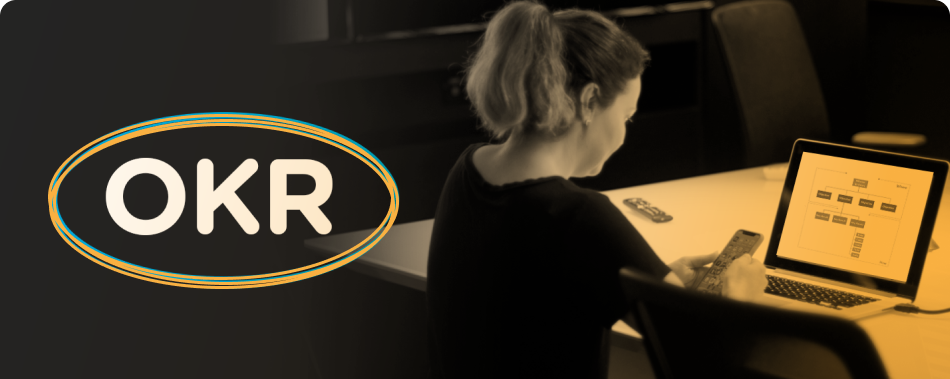
How we are implementing the OKR method in GPA
The OKRs approach is used to set meaningful, concrete, action-oriented and inspiring goals. The letter “O” refers to the word objectives and the letters “K” and “R” refer to the terms key results. It is a method designed to make it possible to look at the desired future and easily measure how close the squad is to it.
The work began with the organization of the large number of demands directed to the technical team. There was also a moment of formatting the way these tasks are passed. To this end, the characteristic of using OKRs to facilitate and maximize the rapprochement between people in the business and Information Technology areas. With shared goals evident to everyone, everyone speaks the same language.
There was also an opportunity to give greater visibility to the prioritization of activities. When the company is organized by objectives, it is easier to understand what the teams are actually delivering.
Guidance on delivering value
The transition considers that several functionalities may be implemented in a product without these new features actually adding value. In other words, many activities completed, but little return for the business. OKRs help keep the new point of view in focus.
Furthermore, the orientation towards delivering value aligns very well with management using agile methods, such as Scrum and Kanban. The thoughts that end up guiding the prioritization of demands are:
• Will this feature we want to deliver add value or not?
• What metric am I improving?
• What effective and numerical return can I expect if I decide to implement this new objective?
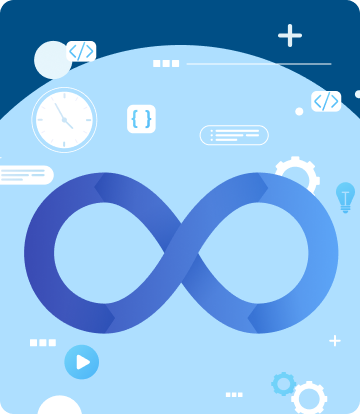
Steps of implementing OKRs
The first stage carried out was training on the methodology. The intention was to level everyone’s knowledge regarding the premise and benefits of the OKR method. Once this was done, the CWI team worked on configuring Azure DevOps (an agile backlog management tool, used by GPA) to manage objectives and results without the need for a plugin. This, to our knowledge, has not yet been documented in any article on the theme.
The work continued with the support provided by our team in defining tactical OKRs for the first quarter of 2021. Co-creation was also carried out in the second and third quarters. In the fourth, the business owners determined the goals with the help of only their squads.
Before the end of the first cycle, a forum was held to clarify doubts and align trust levels. People involved in teams that implemented OKRs rate how confident they are about achieving objectives. This is done on a scale of green (very confident), yellow and red (not very confident).
At the end of a complete implementation cycle of one year, it was possible to collect numerous positive feedbacks. The returns came both from the teams that actively participated in this management by objectives and from the strategic level, for which visibility of results was always accessible via interactive dashboards in Azure DevOps.

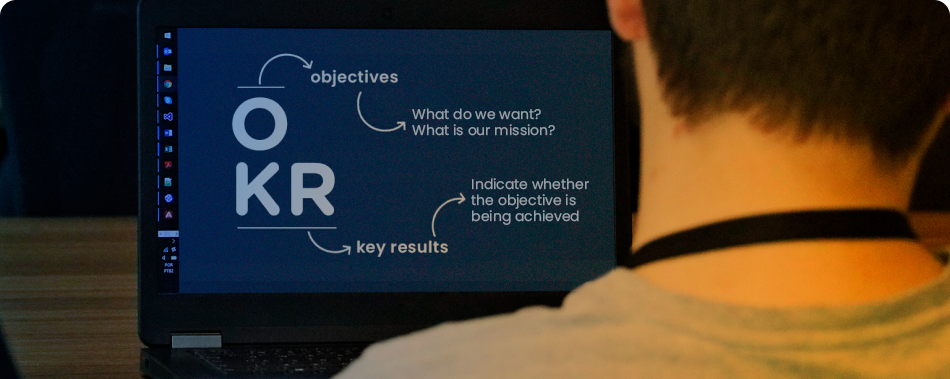
Results achieved with OKRs
The implementation of OKRs in GPA’s IT squads was a process of great learning, both for CWI and for the retailer’s employees. For example: the use of the methodology ended up highlighting, with precise metrics, the need to expand the development team.
The evolution was visible throughout the year. As the number of people and the format of the teams remained stable, it was possible to compare the number of objectives achieved by the teams in each quarter.
Regardless of the number of desired objectives, the delivery speed of those that were successfully completed maintained a constant average, praising the delivery speed of the organization as a whole. This result offers evidence that the greater the focus and the smaller the number of objectives in parallel, the greater the speed.
The use of OKRs in planning GPA goals meant that relevant advances were made. Evaluating the process of implementing the target system as a whole, the result is extremely positive. The measured metrics bring more transparency and become tools for decision-making that are even more coherent with the current situation.
Another useful issue was the use of Azure DevOps for managing OKRs. The tool provided visibility into priorities and status, including a progress bar for each goal set. All information can be consulted easily. Interactive dashboards show which activities are completed, which are failing and how many people rated the trust as green, among other features.
The expansion of the application of the methodology in annual strategic planning is mapped out for the next steps. The intention is to continue the movement of continuous improvement, rather than focusing on revolutionary changes.
CWI Differential in GPA
- As seen, the partnership between CWI and GPA includes more than offering software development services. It also counts on our active participation in the qualification of professionals to enhance results.
- In this sense, in addition to implementing OKRs, we had the opportunity to structure and carry out training, such as training Agile Masters present in more than 20 GPA squads. We also held a bootcamp with Product Owners from more than 35 squads, in addition to leading Process, Quality and Development chapters.
- Our work with one of the largest Brazilian retail companies has been bringing positive impacts, based on collaboration and trust.

About GPA
The company is part of the Casino Group, present in all Brazilian regions with brands such as Pão de Açúcar, Clube Extra, Compre Bem, Finlandek, Qualitá, Club des Sommeliers and Taeq. There are more than 800 physical stores and 22 distribution centers and warehouses. And there are also operations with Grupo Éxito abroad (Argentina, Colombia and Uruguay).
The way GPA’s more than 57,000 employees work has principles very similar to those of CWI. They are people driven by delivering increasingly better experiences. Furthermore, like us, they are non-conformists and are always looking for innovation.
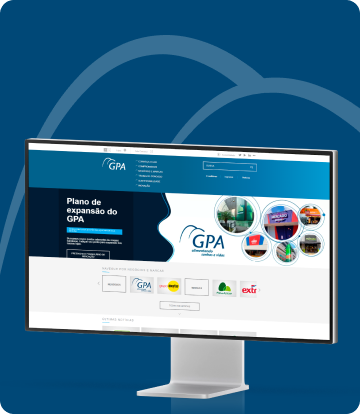
About CWI
Today we have more than 1,300 high-level technical employees. We are constantly training new talents in programs such as Crescer (IT internship) and Reset (career change). We work with excellence, adaptability and transparency, delivering relevant technological strategies and solutions.
The importance of Processes in CWI Software Engineering
CWI Software Engineering is the basis that allows us to deliver truly decisive strategies for the success of our clients’ businesses. This aspect of our culture includes understanding the business, understanding the problem, defining the strategy and implementing the solution to deliver value.
Process professionals are essential in actions such as the implementation of the OKR system at GPA, seeking to increase the maturity of the work process. They work to facilitate ceremonies, implementation of agile processes and practices and the formation of high-performance teams.
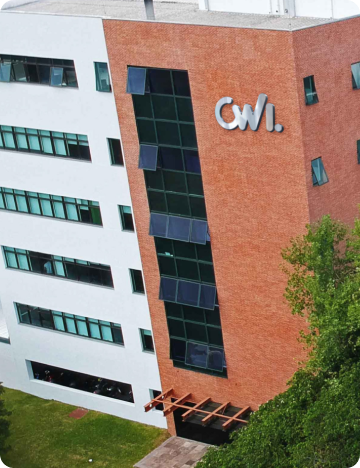
Discover the advantages that CWI Software Engineering can bring to your business!
